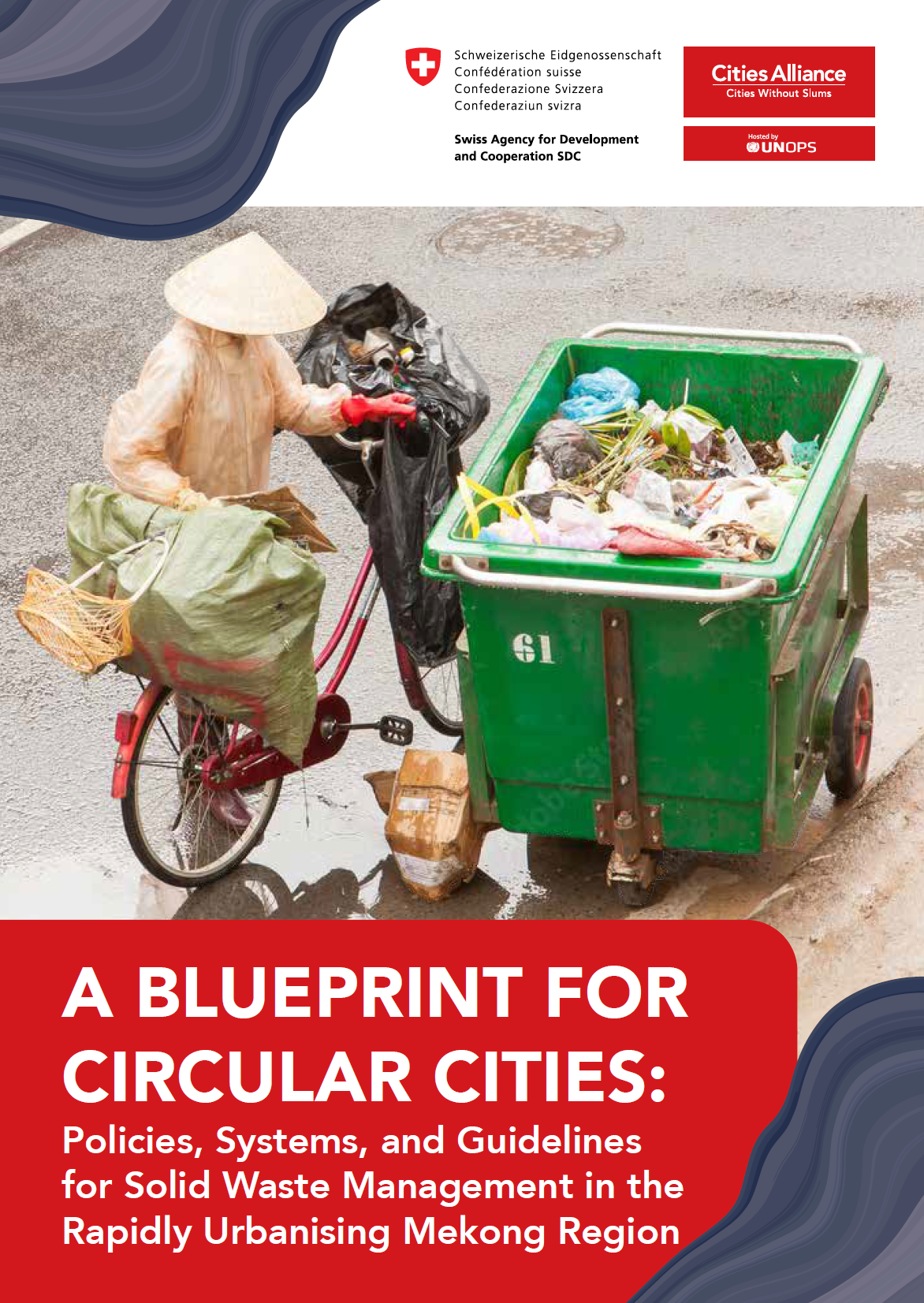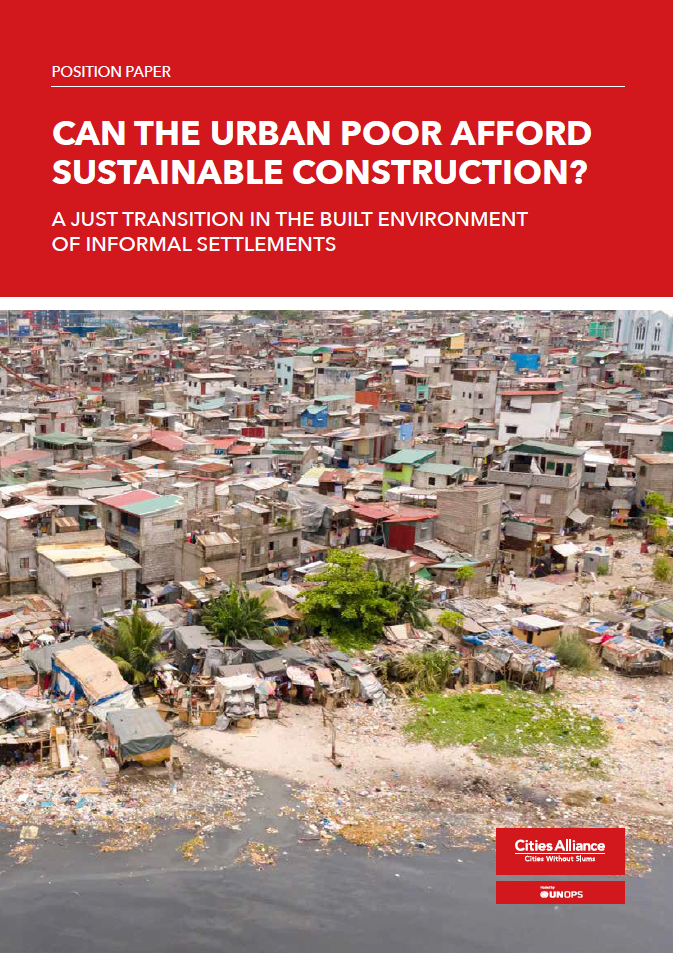- Who We Are
- How We Work
- Regional / Country Initiatives
- Legacy
- Core Themes
- Working Groups
- Portfolio & Results
- Newsroom
- Resources
Final Evaluation: Liberia Country Programme

An independent end-line evaluation of the Cities Alliance Liberia Country Programme

In 2021, the Cities Alliance procured an independent final evaluation of the Comic Relief funded Liberia Country Programme to
- Engage stakeholders and programme participants in a participatory and empowering process to identify and document outcomes, feedback and lessons learned.
- Verify the results achieved and make conclusions and recommendations relating to performance during the 5 years of implementation.
- Support the Cities Alliance Country Programme model by generating evidence-based recommendations relating to the design and implementation process.
Methodology: The quantitative component collected data through Surveys from Households and Petty Traders, and conducted longitudinal analysis of Baseline, Mid-Term and End-line data to assess the overall programme impact. The final evaluation reached out to a cross section of stakeholders and gathered detailed information and identified results from 472 household heads, 470 petty traders, 5 commissioners, and 7 national government officials, 20 local government officials over 50 federation members (FEPTIWUL and FOLUPS).
In addition, a participatory and empowering approach (outcome harvesting) was adopted in collection and analysis of Most Significant Change (MSC) stories to assess how the LCP impacted individual beneficiaries and communities within informal settlements.
Key Evaluation Findings: The evaluation confirmed that that despite the challenges of delivering a complex programme in a complex environment, the Comic Relief funded Liberia Country Programme delivered transformative change in Greater Monrovia and lasting impact for the urban poor:
- The five-year journey of the LCP transformed Greater Monrovia into an area characterized by active citizenship, inclusive governance, and resilient municipal service delivery drawing on an effective partnership between slum dwellers and pro poor local governments.
- The development of four key policy frameworks i.e., NUP diagnosis note and discussion paper, Greater Monrovia Urban Development Strategy, Slum Upgrading and Affordable Housing Framework, and the Voluntary Gender Responsive Relocation Policy Guidelines, has helped to counter the culture of eviction and exploitation of the urban poor.
- There is improved provision of slum upgrading and incremental housing solutions for the urban poor. The shift in the National Housing Authority’s (NHA) approach towards addressing issues of people within the low-income pyramid triggered the development of the framework which has since been adopted by the authority.
- Adopting a multi-sectoral and multi-partner approach ensured long term Programme sustainability and brought greater coherence of effort.
- Prior to the outbreak of COVID-19, 66 Water kiosks had been installed in 25 communities. These were highly impactful in improving access to quality water during the COVID-19 pandemic.
Examples of improvements in household access to services in slum and low-income areas between 2017 and 2021 include:
- 4 per cent increase in households with access to safely managed drinking water services - 85 per cent at baseline, 87.8 per cent at mid-term to 89 per cent at final evaluation.
- 8 per cent improvement in the households with access to potable water: 60 per cent at baseline, 60.9 per cent at mid-term to 68 per cent at final evaluation.
- 4 per cent decrease in proportion of households that have to move more than 200 meters to access safe water (between mid-line in 2019 and final evaluation in 2021). “This could be attributed to construction of 66 water points through the Community Upgrading Fund but also interventions by Cities Alliance during COVID-19 where 4 broken and faulty water points were repaired to improve access to safe water during the pandemic” Final Evaluation Report.
- 8.2 per cent increase in proportion of households with improved sanitation services: 15 per cent at baseline, 21.6 per cent mid-line and 23.2 per cent at final evaluation.
This evaluation identified learning and key recommendations which are seen as critical to Programme impact including:
- The need for partners to have in-country presence with well-structured offices capacitated with adequate human resource to provide implementation support to their local affiliates.
- The need for a comprehensive approach to slum upgrading to focus on the entire Greater Monrovia, and deal with the systemic failures that gave rise to existing slums.
- Institutionalising participatory planning within local government structures.
- The need for Greater Monrovia to move towards a system of functional multi-level governance, which is a foundational element to advancing urbanisation.
- The need for national budget allocations to the LGA’s to fund operations because they are not included in the Liberia National Budget.
The management response to the evaluation includes Cities Alliance and partner responses.


